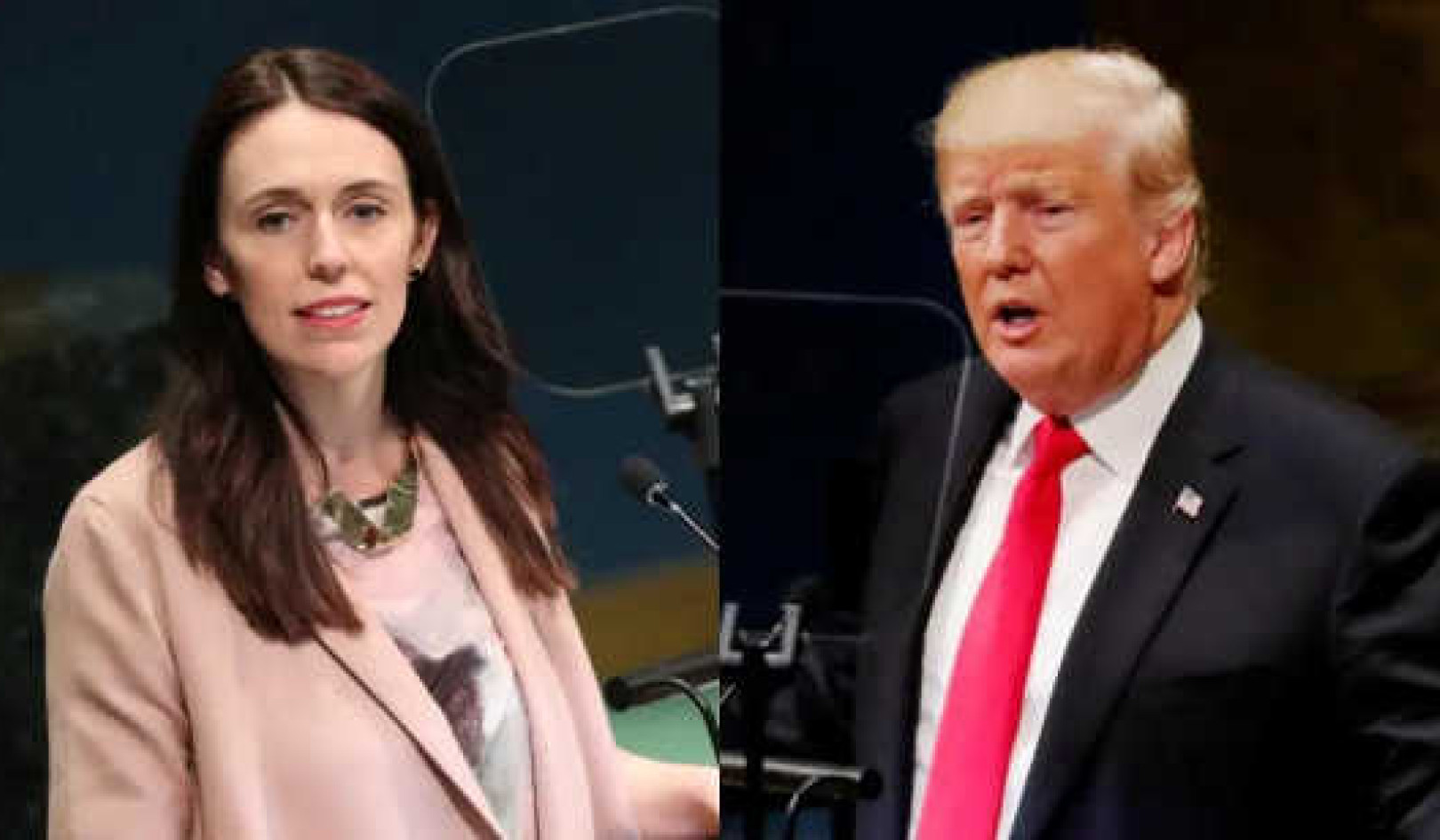
Sustainable investment. Shutterstock.com
The onus to live sustainably has never been greater. It drives everyday actions from making sure we recycle our rubbish to carrying reusable cups and bottles with us wherever we go. But there’s an enormous part of many people’s lives that they probably don’t pay much attention to and that’s where their pension money is invested.
While you might be cutting meat out of your diet to save the planet, it is very likely that your pension is contributing to its destruction by being invested in companies that are destroying forests, producing unrecyclable plastics, or contributing to high carbon emissions via the fossil fuels, aviation or big food retail industries, to name but a few.
People can end up in an absurd situation where they are willing to make significant lifestyle changes to reduce their carbon footprint but have no clue as to whether the companies involved in these products or services feature predominantly in their retirement or employees savings-investment portfolio.
It is difficult to know how our money is actually invested when it’s in a pension fund. Accessing this information is difficult since many of the financial service providers that manage pension funds do not provide this level of financial reporting.
If you’re an employee, you can start asking questions and demanding more clarity from your employer about your pension provider. But our individual effort alone is unlikely to make the cut without additional collective action coming from the pension funds, the broader asset management industry and policymakers.
Thankfully, we are witnessing a series of events in the UK that could lead to a transformation in this regard. Prominent UK investment groups, such as the Church of England, have been at the forefront of the fight against climate change through disinvestment from fossil fuels. Meanwhile, some pension funds are pushing their asset managers to reduce their exposure to climate change, recognising the business case for sustainable investments.
Research also shows that pension funds have considerable power to influence the activity of the companies they invest in – to decrease their carbon footprints and adopt new business models that can help address the climate change challenge.
 Green investments are on the rise. Shutterstock
Green investments are on the rise. Shutterstock
Government pressure
Governments have a big role to play in ensuring financial markets become more sustainable. We showed this recently in research which shows how France introduced regulation that got its entire pension funds industry to address its climate change impact. This was notably done by the end of 2015 when the French government made it mandatory for large retirement funds to disclose their climate change risks and opportunities.
Policymakers in the UK are taking similar steps. The Financial Reporting Council, one of the country’s main financial regulators, published a new stewardship code in 2020 for asset managers and asset owners. For the first time, it introduces an obligation to systematically integrate climate change “to fulfil their responsibilities” as signatories. But the code remains a voluntary reporting scheme. While it can help identify UK institutional investors that are transparent, it will not necessarily name the ones performing badly.
Meanwhile, a new pensions funds bill is progressing through the House of Lords. Amendments to this bill were proposed in February that could make it mandatory for large UK pension funds to assess climate risks and opportunities. If passed, funds will have to report climate risks clearly to scheme members or see their funds face fines of up to £50,000.
Our research into France’s experience suggests that this kind of regulation that forces firms to disclose their climate risks is necessary but not sufficient to trigger enough change. Governments can play a more active role by supporting public investment funds to develop in-house expertise on climate-change friendly investments to give them more insight on what asset managers can offer.
As often in the sustainability domain, the risk of greenwashing remains high – it can be hard to know if funds aren’t just talking about climate change and whether their sustainable investment innovations are genuine. One way of preventing this in France and Europe more broadly, is the use of clear labels that designate the level of carbon impact that various investment products have. So, when given the choice of how and where to invest, it is easy to see how carbon-friendly different products are.
Creating these labels requires agreement on what activities should be considered as green and monitoring tools that will convincingly measure their ecological impact. Part of this involves a discussion between businesses and civil society. We found this fostered important debates about what’s involved in making business practices sustainable. It’s something other countries, including the UK, would benefit from. This way we can ensure our savings, along with our everyday consumption, are sustainable.![]()
About the Authors
Stephanie Giamporcaro, Associate Professor, Sustainable Finance, Nottingham Trent University and Jean-Pascal Gond, Professor of Corporate Social Responsibility, City, University of London
This article is republished from The Conversation under a Creative Commons license. Read the original article.
Related Books
Drawdown: The Most Comprehensive Plan Ever Proposed to Reverse Global Warming
by Paul Hawken and Tom Steyer In the face of widespread fear and apathy, an international coalition of researchers, professionals, and scientists have come together to offer a set of realistic and bold solutions to climate change. One hundred techniques and practices are described here—some are well known; some you may have never heard of. They range from clean energy to educating girls in lower-income countries to land use practices that pull carbon out of the air. The solutions exist, are economically viable, and communities throughout the world are currently enacting them with skill and determination. Available On Amazon
In the face of widespread fear and apathy, an international coalition of researchers, professionals, and scientists have come together to offer a set of realistic and bold solutions to climate change. One hundred techniques and practices are described here—some are well known; some you may have never heard of. They range from clean energy to educating girls in lower-income countries to land use practices that pull carbon out of the air. The solutions exist, are economically viable, and communities throughout the world are currently enacting them with skill and determination. Available On Amazon
Designing Climate Solutions: A Policy Guide for Low-Carbon Energy
by Hal Harvey, Robbie Orvis, Jeffrey Rissman With the effects of climate change already upon us, the need to cut global greenhouse gas emissions is nothing less than urgent. It’s a daunting challenge, but the technologies and strategies to meet it exist today. A small set of energy policies, designed and implemented well, can put us on the path to a low carbon future. Energy systems are large and complex, so energy policy must be focused and cost-effective. One-size-fits-all approaches simply won’t get the job done. Policymakers need a clear, comprehensive resource that outlines the energy policies that will have the biggest impact on our climate future, and describes how to design these policies well. Available On Amazon
With the effects of climate change already upon us, the need to cut global greenhouse gas emissions is nothing less than urgent. It’s a daunting challenge, but the technologies and strategies to meet it exist today. A small set of energy policies, designed and implemented well, can put us on the path to a low carbon future. Energy systems are large and complex, so energy policy must be focused and cost-effective. One-size-fits-all approaches simply won’t get the job done. Policymakers need a clear, comprehensive resource that outlines the energy policies that will have the biggest impact on our climate future, and describes how to design these policies well. Available On Amazon
This Changes Everything: Capitalism vs. The Climate
by Naomi Klein In This Changes Everything Naomi Klein argues that climate change isn’t just another issue to be neatly filed between taxes and health care. It’s an alarm that calls us to fix an economic system that is already failing us in many ways. Klein meticulously builds the case for how massively reducing our greenhouse emissions is our best chance to simultaneously reduce gaping inequalities, re-imagine our broken democracies, and rebuild our gutted local economies. She exposes the ideological desperation of the climate-change deniers, the messianic delusions of the would-be geoengineers, and the tragic defeatism of too many mainstream green initiatives. And she demonstrates precisely why the market has not—and cannot—fix the climate crisis but will instead make things worse, with ever more extreme and ecologically damaging extraction methods, accompanied by rampant disaster capitalism. Available On Amazon
In This Changes Everything Naomi Klein argues that climate change isn’t just another issue to be neatly filed between taxes and health care. It’s an alarm that calls us to fix an economic system that is already failing us in many ways. Klein meticulously builds the case for how massively reducing our greenhouse emissions is our best chance to simultaneously reduce gaping inequalities, re-imagine our broken democracies, and rebuild our gutted local economies. She exposes the ideological desperation of the climate-change deniers, the messianic delusions of the would-be geoengineers, and the tragic defeatism of too many mainstream green initiatives. And she demonstrates precisely why the market has not—and cannot—fix the climate crisis but will instead make things worse, with ever more extreme and ecologically damaging extraction methods, accompanied by rampant disaster capitalism. Available On Amazon
From The Publisher:
Purchases on Amazon go to defray the cost of bringing you InnerSelf.comelf.com, MightyNatural.com, and ClimateImpactNews.com at no cost and without advertisers that track your browsing habits. Even if you click on a link but don't buy these selected products, anything else you buy in that same visit on Amazon pays us a small commission. There is no additional cost to you, so please contribute to the effort. You can also use this link to use to Amazon at any time so you can help support our efforts.






















